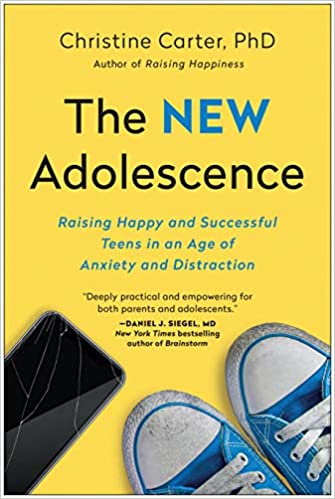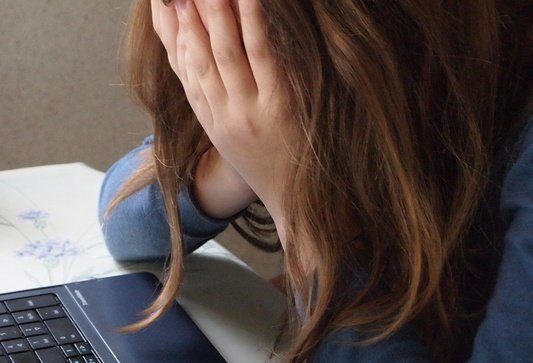 From surging hormones and acne to body hair and body odor, puberty can be a rocky transition for any kid. But girls and boys who start physically developing sooner than their peers face particular social and emotional challenges, researchers find.
From surging hormones and acne to body hair and body odor, puberty can be a rocky transition for any kid. But girls and boys who start physically developing sooner than their peers face particular social and emotional challenges, researchers find.
“Puberty is a pivotal time in kids’ lives, and early maturing boys and girls may be more likely to struggle psychologically,” says Jane Mendle, a psychologist and associate professor at Cornell University.
At a crucial time when kids long to fit in, puberty can make them stand out. And when breast buds and body hair sprout during elementary school, children often feel exposed. Unable to hide their sexual development from others, they may feel ashamed or embarrassed.
Studies show girls who physically mature early, may be more likely than boys to ruminate about these uneasy feelings. According to researchers, this can prolong the emotional distress, which may increase their risk of depression and anxiety.
Still, though girls are more likely to internalize the stress they feel, boys aren’t unscathed, says Mendle.
In research by Mendle and her colleagues, early maturing boys were more likely than others to feel socially isolated and to face conflict with friends and classmates. “This may increase their risk of depression,” she says,”but we’re uncertain if these effects last into adulthood.”
Because information about early development tends to focus on girls, parents are often perplexed when their sons start puberty early, says Fran Walfish, a child and adolescent psychotherapist in Beverly Hills, Calif.
Helping kids navigate these new social and emotional hurdles can be tricky, especially since puberty spans several years. But don’t be afraid to reach out — or to start the conversation early.
Greenspan suggests talking to children about sexual development by the age of 6 or 7. “Starting the conversation when kids are young, and keeping lines of communication open can make the transition less scary,” she says.
Of course, not all kids are eager for a parent’s help; some shy away from even talking about their newfound struggles. That’s sometimes a sign they’re confused or overwhelmed, child psychologists say.
“It’s important for parents to realize that puberty triggers identity questions like ‘Who am I?’ and ‘Where do I fit in?’ for boys and girls,” Walfish says.
Taillac says reading books together can help. “Books provide a common language to discuss what’s going on, which can open up conversations between parents and children,” she says.
For elementary school girls, “The Care and Keeping of You: The Body Book for Younger Girls,” by Valorie Schaefer can be a helpful book. Reading “The Tween Book: A Growing Up Guide for the Changing You,” by Wendy Moss and Donald Moses can be informative for boys and girls, even as they reach the teen years.
Seeing your child mature early can also worry a parent. If you find yourself unsure of how to intervene, psychologists say, remember that distraught kids often want the same thing we all seek when we’re upset — a generous dose of empathy.
Luckily, compassion doesn’t require parents to have all the answers. Puberty calls for the same good parenting skills as any other age: being emotionally available to kids through their developmental milestones, witnessing their growing pains, and providing comfort when life throws them curveballs.
Excerpted from “How To Help A Kid Survive Early Puberty” from NPR. Read the full article online.







